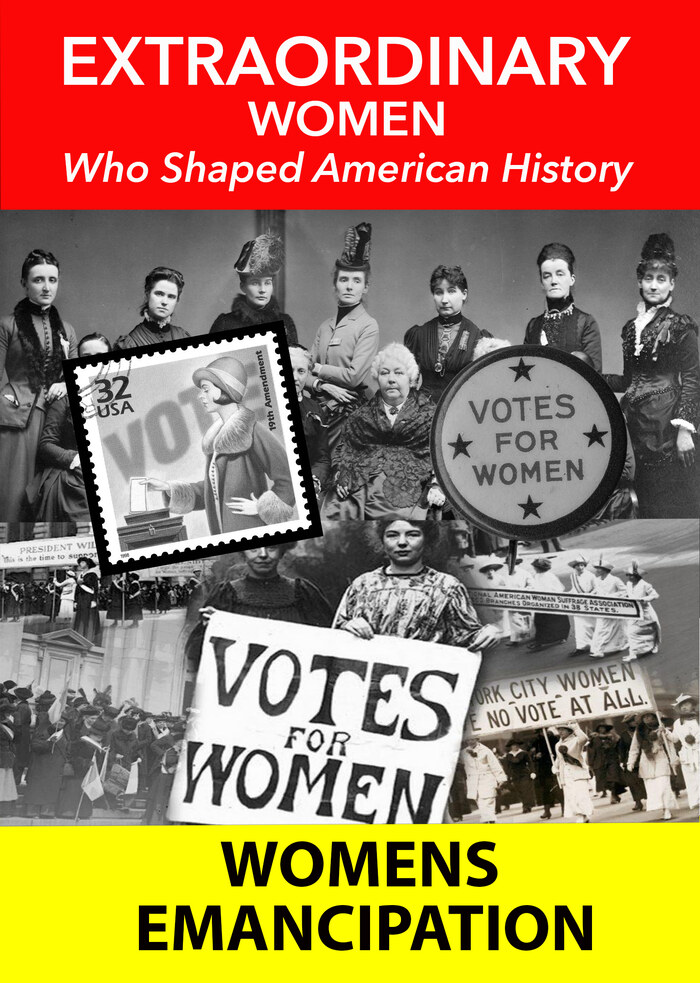The program sheds light upon numerous struggles endured by women during their fight against prejudice along with how they eventually secured equal status alongside men today. During the era of the American Revolution and for several decades thereafter, women were regarded as property owned by men. They were subjected to discrimination and denied their civil liberties. It took years of unwavering effort and sacrifice by advocates for women's rights to rectify this situation. Obtaining women's suffrage - the right to vote - necessitated a long, grueling struggle that spanned nearly a century of conferences, protests, hunger strikes, speeches, lawsuits, lobbying efforts, and marches. The Seneca Falls Convention held in 1848 in Seneca Falls, New York was largely organized by local Quakers Elizabeth Cady Stanton and Lucretia Mott. Billed as "a convention devoted to discussing the social condition and rights of women," it was America's first-ever gathering on behalf of female equality. The states ratified the 19th Amendment in 1920 officially recognizing women's right to vote. However Black Women, indigenous Women, Asian American Women, disabled Women, encountered voter suppression despite gaining voting rights through this amendment. Not until the Voting Rights Act of 1965 which prohibited racial discrimination against voters, and the Americans with Disabilities Act in 1990 which banned disability based discrimination, did all categories of females receive protection from discriminatory practices while exercising their right to vote. Women's rights activists also made strides toward passing other legislation after that time period. Congress passed the Equal Pay Act in 1963 making paying a woman less than her male counterpart illegal. A year later, Congress passed the Civil Rights Act of 1964.

 Please wait...
Please wait...




